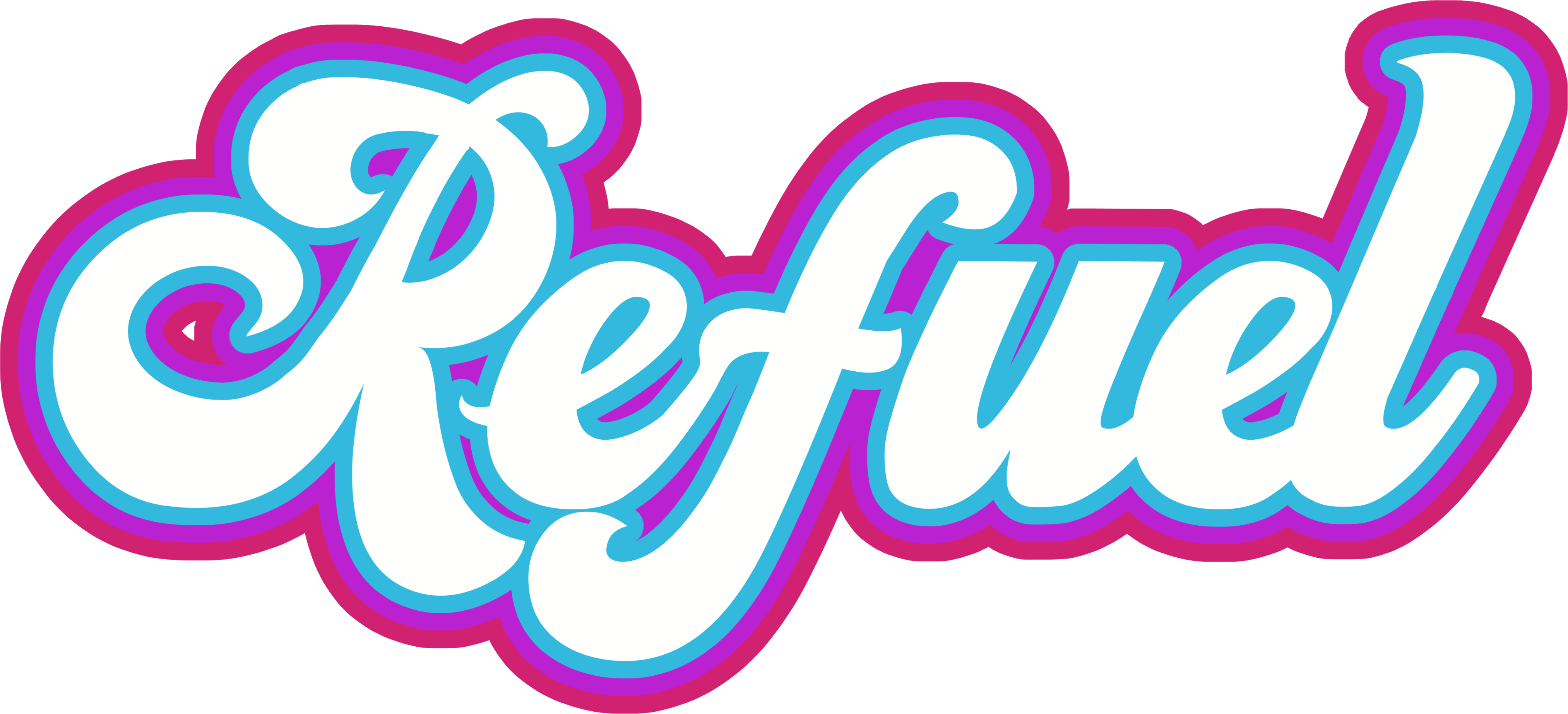
Exploring the Potential of Delta-9 THC for Muscle Recovery
Muscle recovery is a crucial aspect of athletic performance and overall physical well-being. As individuals seek effective methods to aid in the recovery process, the potential use of delta-9 tetrahydrocannabinol (THC), the primary psychoactive compound found in cannabis, has gained attention. This article aims to provide a comprehensive analysis of the potential benefits, considerations, and risks of using delta-9 THC for muscle recovery, exploring its effects, mechanisms, important factors to consider, and potential limitations.
- Interaction with the Endocannabinoid System:
The endocannabinoid system (ECS), which plays a role in regulating various physiological processes, including pain modulation and inflammation, interacts with delta-9 THC. Delta-9 THC binds to cannabinoid receptors (CB1 and CB2) in the body, influencing pain perception, inflammation, and muscle recovery pathways.
- Potential Benefits of Delta-9 THC for Muscle Recovery:
a) Pain Relief: Delta-9 THC possesses analgesic properties that may help alleviate muscle soreness and discomfort associated with exercise-induced inflammation and microdamage.
b) Anti-inflammatory Effects: Delta-9 THC has shown potential as an anti-inflammatory agent, which could aid in reducing inflammation and promoting faster recovery following intense physical activity.
c) Relaxation and Muscle Relaxant Properties: Delta-9 THC's muscle relaxant effects may help ease muscle tension, allowing for improved relaxation and recovery after exercise.
- Considerations and Potential Risks:
a) Psychoactive Effects: Delta-9 THC is a psychoactive compound and can produce intoxicating effects. It is important to be mindful of its potential impact on cognitive function and to use it responsibly, especially when engaging in activities that require alertness.
b) Individual Response: The effects of delta-9 THC on muscle recovery can vary from person to person. Factors such as dosage, individual sensitivity, and overall health should be considered. Some individuals may experience increased sensitivity to pain or discomfort with delta-9 THC use.
c) Timing and Dosage: Timing and dosage are crucial considerations. Consuming delta-9 THC after exercise or before sleep may allow for maximum relaxation and recovery benefits. Additionally, finding the optimal dosage to achieve desired effects while minimizing potential adverse effects is important.
- Potential Limitations and Alternative Options:
a) Tolerance and Dependence: Frequent or long-term use of delta-9 THC may lead to tolerance, requiring higher doses to achieve the same effects. Additionally, dependence or withdrawal symptoms can occur upon discontinuation after prolonged use.
b) Alternative Cannabinoids: Other non-psychoactive cannabinoids, such as cannabidiol (CBD), may offer potential benefits for muscle recovery without the psychoactive effects associated with delta-9 THC.
- Legal and Safety Considerations:
a) Legal Status: The legal status of cannabis and delta-9 THC varies globally. It is important to be aware of the laws and regulations governing cannabis use in your jurisdiction.
b) Medical Guidance: Consulting with a healthcare professional or sports medicine specialist is advisable, especially for individuals with pre-existing medical conditions, those taking medications, or pregnant and breastfeeding individuals.
Conclusion:
Delta-9 THC shows potential as a supplement for muscle recovery, primarily through its pain-relieving, anti-inflammatory, and muscle relaxant properties. However, individual responses and considerations regarding psychoactive effects, dosage, tolerance, and legal implications should be taken into account. Responsible usage, in consultation with healthcare professionals, is essential for maximizing potential benefits while minimizing risks. Further research is needed to better understand the efficacy, safety, and long-term effects of delta-9 THC for muscle recovery. Exploring alternative cannabinoids, such as CBD, may provide additional options for individuals seeking muscle recovery support without the psychoactive effects associated with delta-9 THC.


